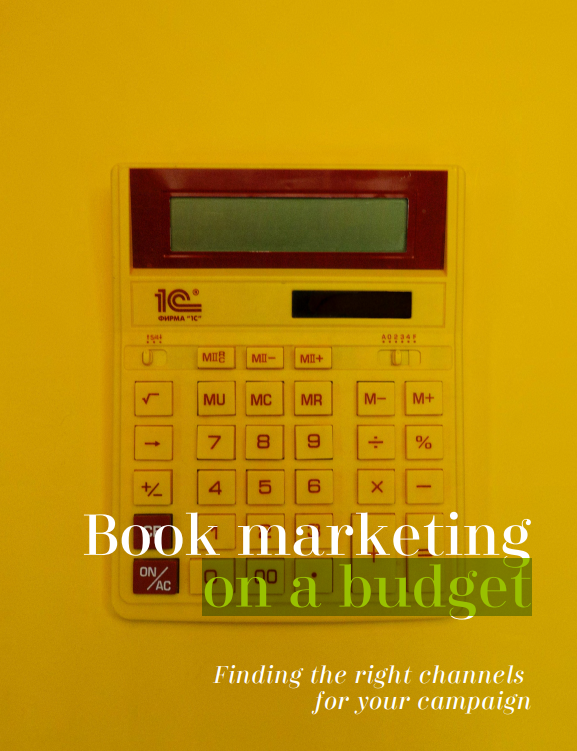
Interested in finding out more about book marketing on a budget? Here are three things you can create, taken from the Book Promotion for the Independent Author Guide by whitefox publishing.
Start a mailing list and newsletter
A newsletter is an excellent way to communicate directly with an audience, collect contact data (with permissions!) and access real insights on their demographics, which can be handy for targeting on other channels. If people are giving you their contact data, they will be expecting something of value in return, so a mailing list is an opportunity to delve a bit deeper into some of your themes or deliver exclusive content. Unlike social posts, an email will always end up in a mailbox so, in theory, your content should achieve a higher engagement rate. This can be a particularly powerful marketing tool, as you can make subscribers aware ahead of your launch, share chapter extracts, offer discounts or send invitations to events. A mailing list is a longer-term commitment, so it works best for ongoing content creators where a book forms part of a wider objective. And in that instance traffic can flow both ways, whereby you can also use your book to encourage people to sign up to your newsletter. If you are looking to start a newsletter, you should check out Substack and MailChimp.
Begin a blog
Blogging is another great way to produce content along similar themes to your book and cement your authority in a space. If your blog is popular and easily discoverable, it can be a great way to upsell your book and secure sales. Blogging tends to be longer-form content, so similarly to a mailing list, it favors those who have a longer-term commitment to content creation. It also works harmoniously with a mailing list and can be a great way to acquire subscribers. There are lots of different sites to choose from where you can create your blog, such as Wordpress, Ghost and Medium, where you can post what you like, when you like. If starting your own blog sounds too time-consuming and you’re worried about posting regularly, there are always opportunities to pitch your ideas to other blogs and feature as a guest blogger.
Build a website
Even if you’re not selling your books directly from your website, it can be important to have even a simple one-pager in order to legitimize your brand and be a safe place for readers to land if they search for you online. A certified URL, headshot, bio, images of your books and info on where they can purchase them are all great elements to include. As an extension of your author brand, make sure you consider how your storefront looks. For websites you should check out Squarespace.
Comments